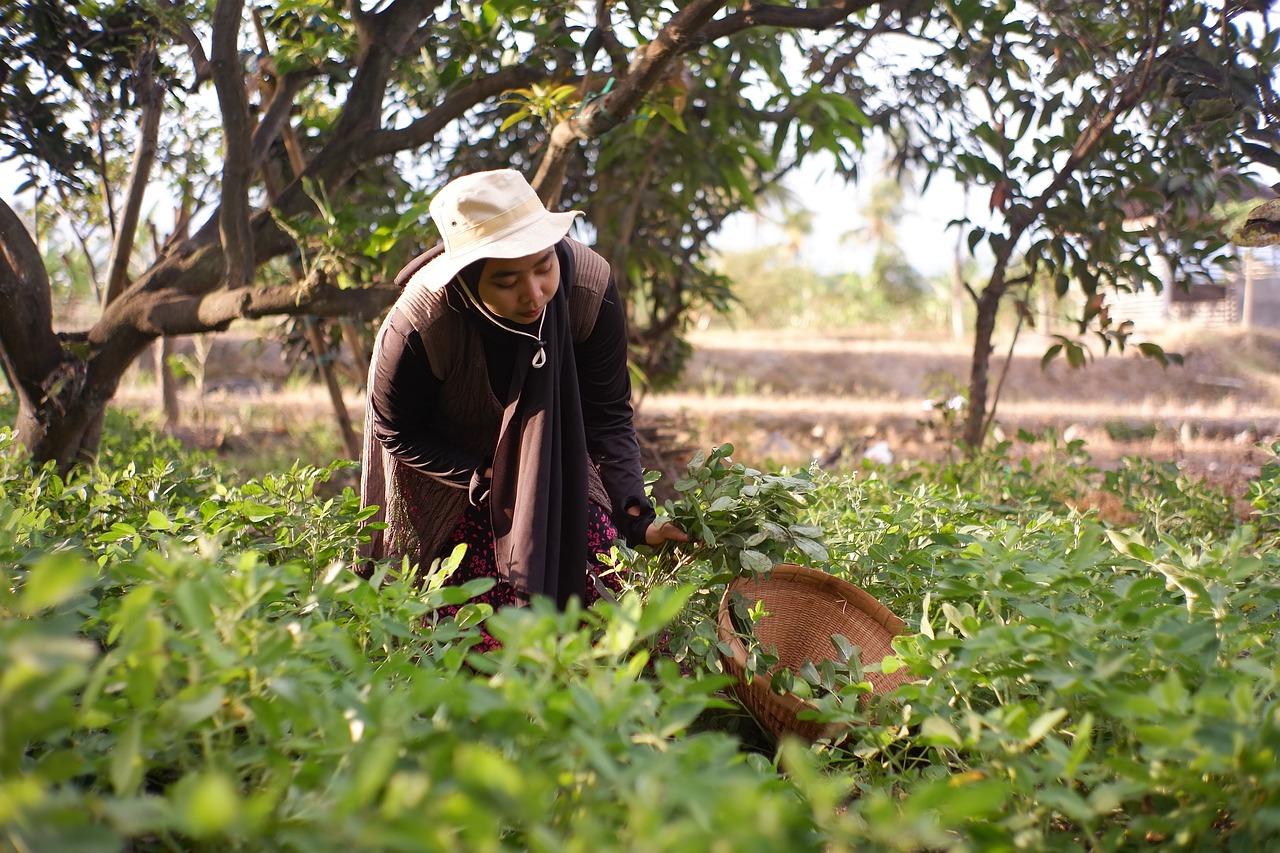Analyzing the Impact of Brexit on the Chocolate Industry
laser 247 new id, lotus365win, sky247 com login password:Brexit, the United Kingdom’s decision to leave the European Union, has had far-reaching implications across various industries. One such sector that has been significantly impacted is the chocolate industry. From supply chain disruptions to regulatory challenges, Brexit has brought about a host of changes that chocolate manufacturers and retailers must navigate.
The Impact on Supply Chain
One of the most immediate impacts of Brexit on the chocolate industry has been felt in the supply chain. With the UK no longer part of the EU single market, businesses have had to contend with new customs procedures, tariffs, and regulatory barriers. This has led to delays in deliveries, increased transportation costs, and overall uncertainty in the supply chain.
Many chocolate manufacturers rely on ingredients sourced from EU countries, such as cocoa beans and sugar. The new tariffs and customs checks have raised the cost of importing these essential ingredients, putting pressure on profit margins. Some companies have had to reconsider their sourcing strategies and look for alternative suppliers outside of the EU.
Regulatory Challenges
Apart from supply chain disruptions, chocolate manufacturers are also facing regulatory challenges post-Brexit. The UK has now established its own regulatory framework, separate from the EU. This means that businesses must comply with new rules and standards to ensure the quality and safety of their products.
For example, chocolate products sold in the UK must now adhere to British food labeling regulations, which may differ from those in the EU. Manufacturers also need to navigate new certification requirements and product testing procedures. These additional regulatory burdens can increase administrative costs and complicate the process of bringing products to market.
Consumer Behavior
Brexit has also had an impact on consumer behavior in the chocolate industry. The uncertainty surrounding the UK’s withdrawal from the EU has led to economic instability and fluctuations in currency exchange rates. This has affected consumer spending habits, with some opting for cheaper alternatives or cutting back on luxury purchases like premium chocolates.
Furthermore, the uncertainty surrounding Brexit has also led to a shift in consumer preferences. Some consumers are now seeking out locally-produced chocolates or products with a clear provenance. This trend towards supporting local businesses and sustainable practices has prompted some chocolate manufacturers to rethink their marketing strategies and product offerings.
Opportunities for Innovation
Despite the challenges posed by Brexit, there are also opportunities for innovation in the chocolate industry. Some manufacturers have seized the moment to introduce new products tailored to changing consumer preferences. This could involve developing sustainable packaging solutions, creating organic or ethically-sourced chocolates, or exploring new flavor combinations to cater to evolving tastes.
Furthermore, Brexit has prompted some businesses to explore new markets outside of the UK and EU. By diversifying their export markets and expanding their global footprint, chocolate manufacturers can mitigate the risks associated with Brexit and tap into new growth opportunities. This could involve forging partnerships with distributors in emerging markets or leveraging e-commerce platforms to reach a wider international audience.
Conclusion
In conclusion, Brexit has had a significant impact on the chocolate industry, from supply chain disruptions to regulatory challenges and shifting consumer behavior. While the road ahead may be uncertain, there are opportunities for innovation and growth for businesses willing to adapt to the changing landscape. By staying agile, exploring new markets, and embracing sustainable practices, chocolate manufacturers can navigate the challenges posed by Brexit and thrive in the post-EU era.
FAQs
Q: How have tariffs affected the cost of importing chocolate ingredients?
A: Tariffs imposed post-Brexit have increased the cost of importing essential ingredients like cocoa beans and sugar, putting pressure on profit margins for chocolate manufacturers.
Q: What regulatory challenges do chocolate manufacturers face after Brexit?
A: Chocolate manufacturers must comply with new British food labeling regulations, certification requirements, and product testing procedures post-Brexit, leading to increased administrative costs and complexities in bringing products to market.
Q: How has Brexit influenced consumer behavior in the chocolate industry?
A: Brexit has led to economic instability and fluctuating currency exchange rates, impacting consumer spending habits. Some consumers are opting for cheaper alternatives or seeking out locally-produced or sustainable chocolates in response to the uncertainty surrounding Brexit.







